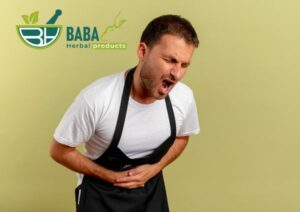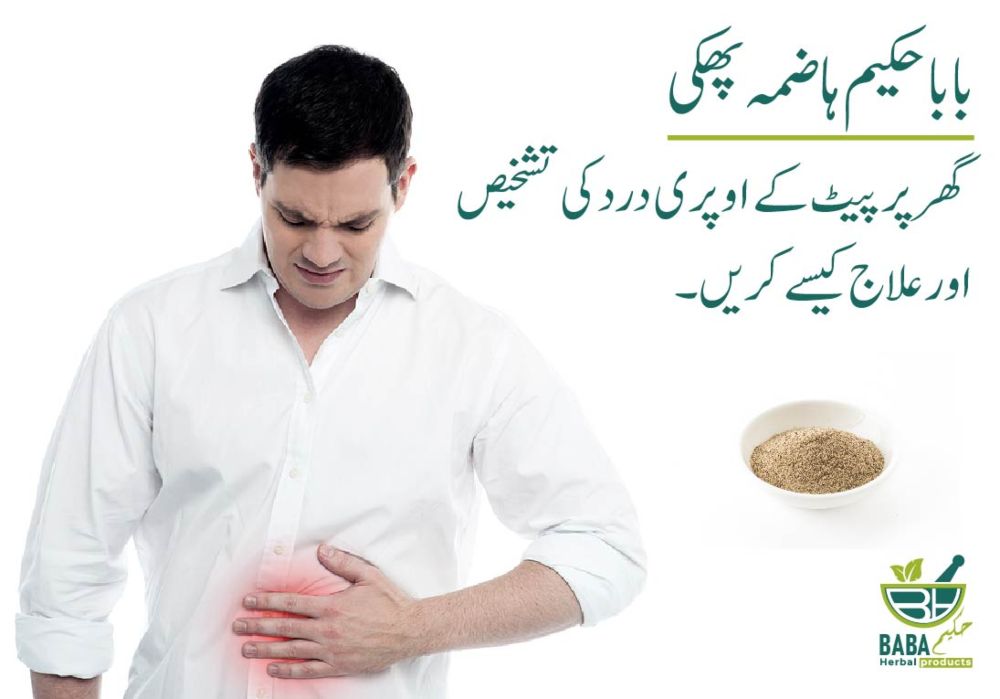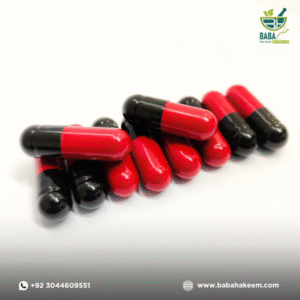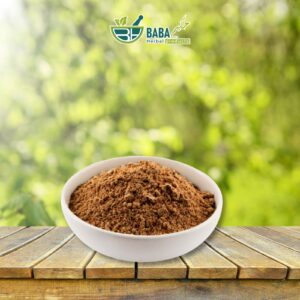Suffering from Upper stomach pain is distressing. To eliminate the problem, it is important to diagnose the cause. Causes can range from indigestion to serious medical conditions. This article covers Stomic Cramps and tips to manage and prevent them.
Common causes of upper stomach pain
There are many reasons why Upper abdominal pain after eating can occur. One of the primary reasons is indigestion, whereby the Stomach fails to digest food that has not been digested properly. My Stomic hurts can result in bloating, gas, and a general Discomfort in upper Stomach after eating. A frequent cause is gastritis, which is the inflammation of the stomach lining. Several mechanisms are responsible for gastritis, including a bacterial infection or the use of excessive amounts of alcohol. Open sores in the stomach lining could be a cause of pain.
Upper abdominal pain after eating: Possible causes and remedies
 The pain in the upper abdomen after eating could be the most concerning. These issues surround several conditions, such as gastroesophageal reflux disease (GERD). GERD causes stomach acids to leak into the esophagus, resulting in irritation and a burning sensation in the upper Stomach. Another reason could be gallstones, which are hardened deposits in the gallbladder. Such stones may block the bile duct, which in turn makes you sound like my stomic hurts, mainly after taking fatty meals. To find a way to eliminate the pain, it is necessary to find its source. Over-the-counter antacids may be beneficial in alleviating indigestion. Dietary changes and medications may be required to manage GERD, gallstones, and pancreatitis.
The pain in the upper abdomen after eating could be the most concerning. These issues surround several conditions, such as gastroesophageal reflux disease (GERD). GERD causes stomach acids to leak into the esophagus, resulting in irritation and a burning sensation in the upper Stomach. Another reason could be gallstones, which are hardened deposits in the gallbladder. Such stones may block the bile duct, which in turn makes you sound like my stomic hurts, mainly after taking fatty meals. To find a way to eliminate the pain, it is necessary to find its source. Over-the-counter antacids may be beneficial in alleviating indigestion. Dietary changes and medications may be required to manage GERD, gallstones, and pancreatitis.
Understanding stomach cramps and their relation to upper stomach pain
One of the most commonly associated symptoms of Upper Abdominal Pain After eating is stomach cramps. Food intolerance, irritable bowel syndrome (IBS), and menstrual cramps are the main reasons. Disorders related to the digestion of food may cause abdominal pain and cramping during eating. IBS (Irritable Bowel Syndrome) is a chronic digestive disease that may exhibit abdominal pain, bloating, and shifts in bowel habits. Women suffer from cramps due to the contraction of the uterus. Learning the root causes of Stomic Cramps is the key to effective management. Staying away from trigger foods, taking painkillers, and making diet adjustments can help you minimize stomic cramps.
Medical conditions that can cause Discomfort in the upper Stomach
It may be just a commonly known cause, whereas in some cases, upper abdominal pain can be the result of a severe medical condition. Another issue is appendicitis, which occurs when the appendix is inflamed. Appendicitis usually starts with pain that comes and goes and then radiates to the lower right abdomen.
 Another possible source is a peptic ulcer, which I have already mentioned. If not treated, peptic ulcers can lead to medical problems such as bleeding or perforation.
Another possible source is a peptic ulcer, which I have already mentioned. If not treated, peptic ulcers can lead to medical problems such as bleeding or perforation.
Moreover, cholecystitis or gallbladder stones are examples of gallbladder diseases that produce the same symptoms of upper abdominal pain. Sometimes, these conditions may need surgery. You have to look for medical advice as soon as possible if you have persistent or worsening pain.
When to seek medical help for upper stomach pain
Most cases of Discomfort in the Upper Stomach after eating can be accommodated with home management recommendations and remedies. Nevertheless, some cases call for immediate medical care. Seeing a doctor when suddenly experiencing vomiting and shortness of breath is essential. Warning signs may include pain radiating from the chest, shoulder, and back.
Tips for managing and preventing Discomfort in upper Stomach after eating
Lifestyle changes can manage the upper Stomach. Avoid spicy and fatty foods to prevent pain in the upper Stomach. Eating smaller and more frequent meals will facilitate digestion and can reduce Discomfort. Moreover, I stay hydrated and avoid alcohol and caffeine, which hurt my Stomach. Frequent exercise and stress management via relaxation methods or therapy can also enhance digestion.
Lifestyle changes and home remedies for alleviating upper stomach pain
In addition to the dietary adjustments, some home treatments could give you respite from the Upper Abdominal Pain After eating. Heat treatments like applying a warm towel or heat pad relieve cramps by relaxing the muscles, thus creating cramps.
Drinking herbal teas, e.g., chamomile and peppermint tea, can help remove stress in the body and boost digestion. Another natural remedy is ginger, which comes in different forms but is consumed as a tea or in capsule form. It has been found to reduce symptoms of indigestion and nausea. Probiotics, the added bacteria found in the gut that benefit its health, can also be consumed with natural supplements or fermented foods that aid digestion and reduce Upper Abdominal Pain After eating.
Treatment options for upper stomach pain
If home remedies or lifestyle adjustments are not enough for stress relief, other treatment alternatives exist for upper stomach pain. Over-the-counter drugs like antacids or acid reducers will help to alleviate or manage signs and symptoms of indigestion or gastroesophageal reflux disease (GERD). In more severe cases, when gastritis or ulcers, such as H. pylori infections, are the leading causes, doctors often prescribe proton pump inhibitors or antibiotics. Gallstones or severe cases of gallbladder disease will require surgery to have the gallbladder removed. It is necessary to collaborate with healthcare treatments to find the best way to administer the treatment, depending on the cause of the upper stomach pain.
Conclusion:
Knowing the reasons and solutions for upper stomach pain is vital to maintaining a healthy stomach. By identifying the common triggers and making some dietary changes and managing the level of stress, you may be able to control or even overcome the Discomfort in upper Stomach after eating. Nevertheless, it is essential to go for treatment in case the pain keeps getting worse or if there are any other warning signs. Stomach health is of crucial importance for our general well-being. Therefore, we would better care for it and render medical assistance. A holistic strategy and constant cooperation with healthcare professionals enable you to eliminate Discomfort in upper Stomach after eating and stay fit.



